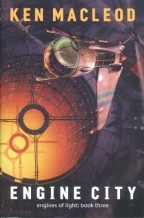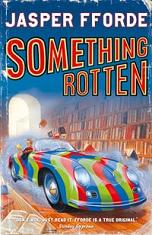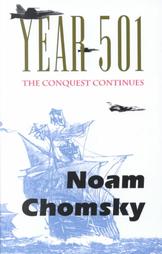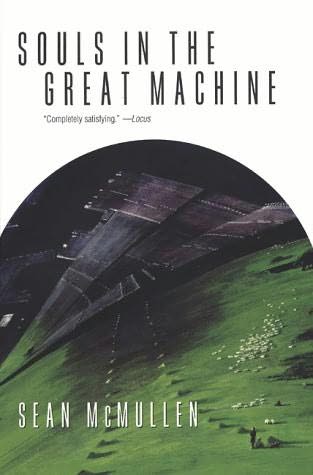
Engine City
Ken MacLeod
271 pages
published in 2002
This is the third and last book in the Engines of Light series, the previous two being Cosmonaut Keep and Dark Light. As the capstone of the series, Engine City was a disappointment.
From the start this series was supposed to be a traditional science fiction trilogy, unlike MacLeod’s previous Fall Revolution series in which the individual novels were only thematically related. This worked well in the first two books, with Cosmonaut Keep setting up the plot and Dark Light continuing the plotlines while setting up some new ones of its own, all of which should then be resolved in Engine City, which they were, but in a far too abrupt manner. On the whole it seemed as if MacLeod had grown bored with the series and crammed everything that needed to be resolved in one slim book, instead of taking it at the same pace as the first two.



